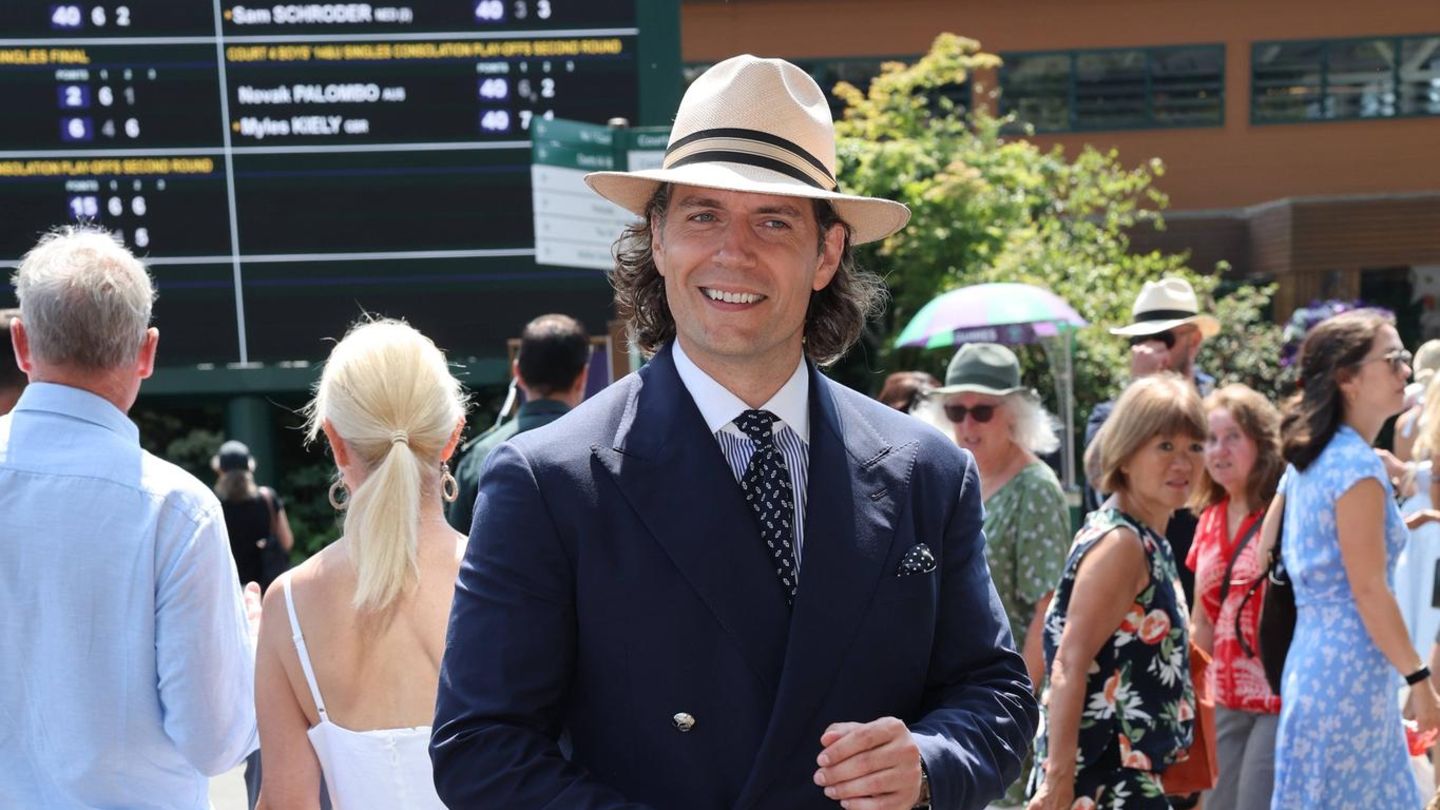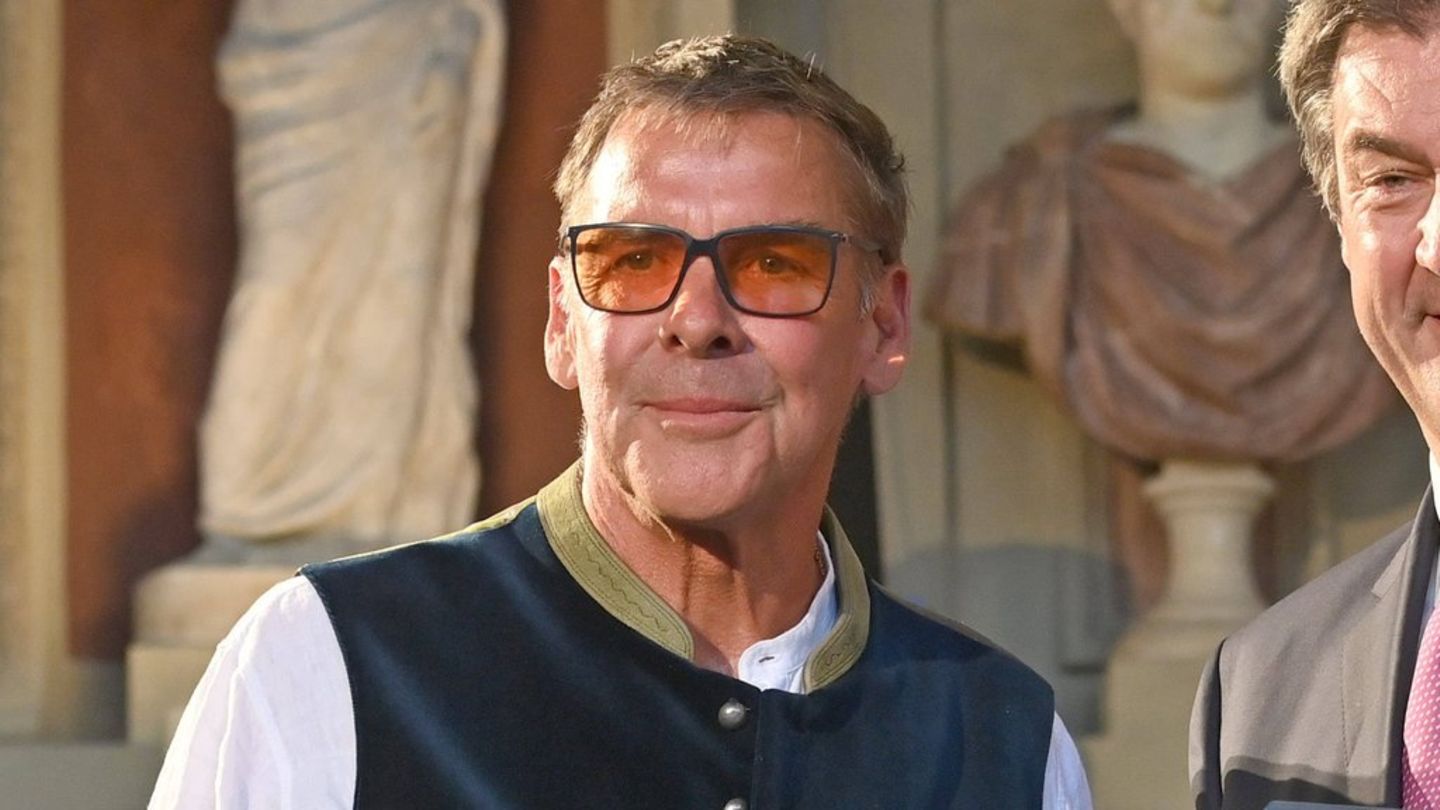Talking about Russia, but not with Russia – that could be the unofficial motto. Moscow does not send an official delegation. The West is solely concerned with the Ukraine crisis.
Against the background of the massive tensions in the Ukraine crisis, the Munich Security Conference begins today.
Among the most prominent speakers over the next three days will be German Chancellor Olaf Scholz, US Vice President Kamala Harris and Ukrainian President Volodymyr Zelenskyy. Russia, on the other hand, is not present with an official delegation for the first time in more than 30 years.
Before the world’s most important meeting of experts on security policy, the security situation in Europe had not been as precarious as it was this time. The signs of relaxation that Chancellor Scholz heard on Tuesday during his inaugural visit to Moscow seem to have long since evaporated. Fears of a Russian attack on Ukraine are growing again.
Russia says it is withdrawing some of its troops from the Ukrainian border. At the same time, US President Joe Biden warns of an invasion “in the next few days”. And US Secretary of State Antony Blinken explains to the UN Security Council how a pretext for an attack could be constructed. “This could be a violent event that Russia will bring against Ukraine, or an outrageous accusation that Russia will level against the Ukrainian government,” he says.
The West is talking to itself about the crisis
Blinken is expected in Munich on Friday and will be sitting on the stage with Federal Foreign Minister Annalena Baerbock in the Bayerischer Hof conference hotel to talk about the Ukraine crisis. Scholz, Selenskyj and Harris have the floor on Saturday. In addition, the foreign ministers of the leading democratic economic powers will then agree on how to proceed. Germany chairs this Group of Seven (G7), which also includes the USA, Great Britain, France, Italy, Canada and Japan. The West is largely on its own when it comes to Ukraine in Munich. NATO Secretary General Jens Stoltenberg and the heads of the EU are also expected in the Bavarian capital.
Russia, on the other hand, is left out. “We regret to say that the conference has increasingly turned into a transatlantic forum in recent years,” said the spokeswoman for the Russian Foreign Ministry, Maria Zakharova, explaining the cancellation. The expert meeting has lost its objectivity and the integration of other perspectives.
Regular Lavrov stays at home
In recent years, Foreign Minister Sergey Lavrov has been one of the most loyal guests of conference leader Wolfgang Ischinger. It is true that Lavrov still emphasizes daily his willingness to talk to the USA, NATO and the Organization for Security and Cooperation in Europe (OSCE) about a new coexistence on the continent. However, this is now mainly done in writing.
With a view to the conference, Russia is currently also commemorating the 15th anniversary of Kremlin chief Vladimir Putin’s “shock speech” in Munich in 2007. Even then, long before the Ukraine conflict, the Russian President complained to NATO and US representatives about the uncontrolled expansion of the western alliance to Russia’s borders. And he accused the United States of forming a power center that acts without control.
The expansion of NATO did not lead to more security in the world, but to more deaths, Putin said in February 2007. “In any incident, there will be bombing and shooting.” This policy was doomed to fail. Russia’s state media also use the pictures of the US withdrawal from Afghanistan last year – and comment that Putin predicted that.
Around 30 heads of state and government in Munich
In addition to the Ukraine crisis, other topics will also be discussed in Munich. But even the really big issues of this time, such as climate change, digitization and the system competition between democracy and autocracy, will probably recede into the background in view of the acute threat to peace in Europe.
The conference will be opened by UN Secretary-General António Guterres (1.30 p.m.). A total of 30 heads of state and government are taking part in the world’s most important meeting of experts on security policy, as well as more than 80 ministers. For US Vice President Harris, it is the first appearance before a European audience. So far she has only been to Latin America.
Show running of the new federal government
The conference will also be a showcase for the new federal government, which is presenting its idea of foreign policy in detail for the first time. Scholz will give a keynote speech on Sunday. In addition to Baerbock and Defense Minister Christine Lambrecht, Development Minister Svenja Schulze and Agriculture Minister Cem Özdemir are also on site.
Baerbock complained that Russia is not attending the conference. “Especially in the current, extremely threatening situation, it would have been so important to also meet Russian representatives in Munich. It is a loss that Russia does not use this opportunity,” she said before leaving. She again offered Russia talks to de-escalate the situation. “Even millimeter steps towards peace are better than big steps towards war,” she said.
Schulze: Expand cooperation with Ukraine
Schulze (SPD) advocated expanding cooperation with Ukraine. A self-confident and crisis-proof society would best strengthen Ukraine in the long term, she told the German Press Agency before the security conference. “Germany is one of the most important, if not the most important, partner of Ukraine when it comes to the long-term strengthening of the state, economy and society.” Since 2014, the federal government has strengthened Ukraine with over 1.8 billion euros in civilian support.
Strict Corona requirements
The conference meets under strict Corona conditions. Instead of the usual more than 2000 participants, this time only 600 are admitted. They all have to be vaccinated and take a daily PCR test.
Source: Stern
David William is a talented author who has made a name for himself in the world of writing. He is a professional author who writes on a wide range of topics, from general interest to opinion news. David is currently working as a writer at 24 hours worlds where he brings his unique perspective and in-depth research to his articles, making them both informative and engaging.




